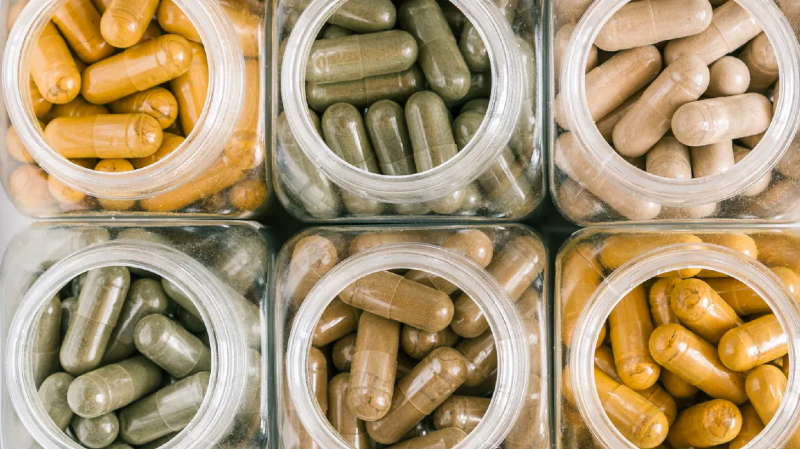
To paraphrase what Walker told Live Science, physicians are more cautious about prescribing probiotics than the general population because they seek solid scientific proof before making such a suggestion, despite a recent surge in popular interest. Getting more information from clinical trials involving several centres, he argues, is what’s really needed to move the research ahead.
Probiotics have been the subject of a slew of research, with some experts claiming they are beneficial to health while others claim they have no such effect. Walker cites four instances in which there are the strongest evidence to justify the usage of such conditions. The probiotics from Healblend happens to be the best here.
Nutritious dietary supplement, Advanced Probiotic Caps, provides digestive and immune system support while avoiding the use of genetically modified organisms (GMOs) and gluten. Dietary supplement capsules with advanced probiotics
Antibiotic-associated diarrhoea
Probiotics may help avoid diarrhoea, which is a typical side effect of taking antibiotics, if they are given to patients as soon as they begin taking them. This information pertains to both the administration of probiotics prior to the initiation of an antibiotic treatment regimen. As many as 30% of people who are being treated for an infection may get diarrhoea as a result of antibiotics, which may kill both helpful and dangerous bacteria in the stomach. Probiotics, which may help replenish good bacteria strains in the gut, may help restore intestinal homeostasis. The probiotics from healblend happens to be the best there.
An infectious agent might cause a youngster to suffer from diarrhoea.
There is enough data to justify the use of probiotics in the treatment of infectious diarrhoea in young infants, according to Walker’s research Rotavirus-caused diarrhoea is very common in babies and young children, making it easy to spread.
At-risk groups include youngsters who visit day care facilities and those who come into direct contact with contaminated toys and surfaces. Hands and other infected things may also transmit rotavirus in an environment. This illness may cause severe diarrhoea, fever, and stomach pain in children who are infected with it.
Probiotics from Healblend may shorten the duration and frequency of diarrhoea by around a day when used as a treatment to minimise the symptoms of the infection. Illness severity may be reduced as a result of this treatment
Researchers are primarily interested in Lactobacillus GG.
Inflammatory bowel disease (IBD)
Inflammatory bowel disease ulcerative colitis reacts more favourably to probiotics than Crohn’s disease, the other predominant type of inflammatory bowel disease, according to this study. Diarrhoea that is frequent and often bloody, stomach pain and cramping, and weight loss are all indications of an acute episode of ulcerative colitis, an inflammatory sickness.
The strongest evidence for using probiotics in the treatment of ulcerative colitis shows that these organisms should be taken after a patient has been able to achieve remission. Probiotics, he says, have been demonstrated in studies to help people stay in remission for up to six months or a year longer than those who don’t take the supplement at that time. Choosing the probiotics from Healblend in the best there.
